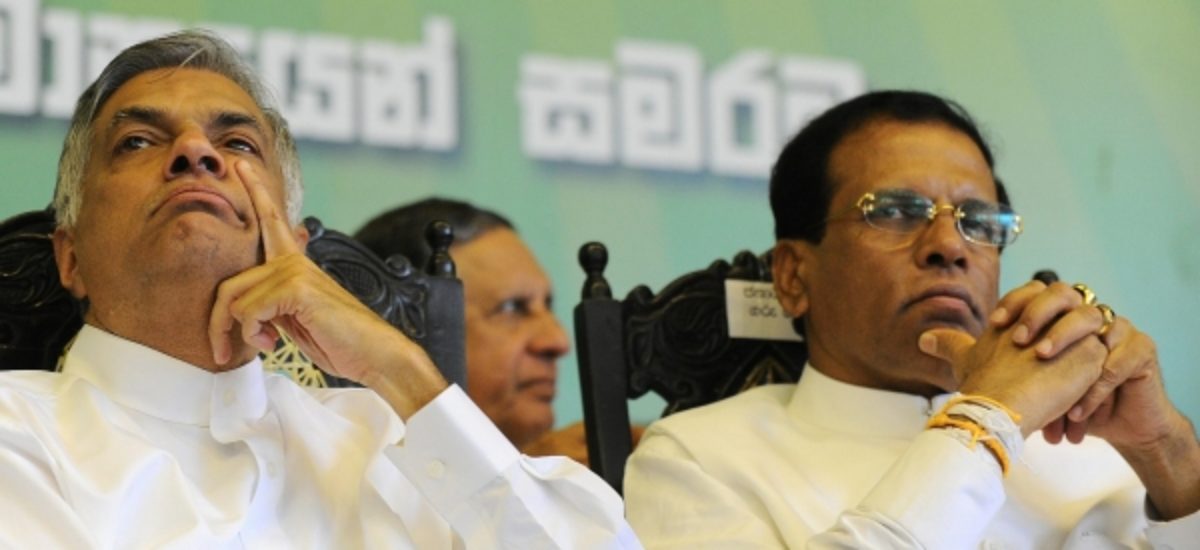Featured image courtesy ada.lk
On March 21, 2018, the Minister of Foreign Affairs, Tilak Marapana flagged the operationalisation of the Office on Missing Persons, the use of the Right to Information Act, the release of land to civilians, and the replacement of the Prevention of Terrorism Act as points of progress for Sri Lanka, at the 37th session of the UN Human Rights Council (UNHRC) session in Geneva.
He also said Cabinet approval had been granted to set up an Office of Reparations, while draft legislation on a Truth and Reconciliation Commission was in an “advanced stage of consultation”.
From the outset, some of these points raised eyebrows. There have been numerous concerns raised with the draft Counter Terrorism Act legislation, on its broad scope as well as admissibility of confessions to the police. In addition, the legislation for the Truth and Reconciliation Commission is not in the public domain, and nor is there any publicly available information on the Office of Reparations. The Office on Missing Persons commenced operations only on March 13, just prior to the UNHRC session.
There was one key omission, however – conversation around the judicial mechanism, also a key part of the UNHRC resolution.
The Special Rapporteur on the Promotion of Truth, Justice, Reparation and Guarantees of Non Recurrence, Pablo De Greiff noted that Sri Lanka has suffered “cycles of violence” affecting all communities. The recent violence against Muslims in Digana and Ampara, he said, was another reminder of the importance of the need for ownership of the transitional justice process. However, he too avoided specific mention of the judicial mechanism, alluding only to politicisation. Lawyers and rights activists raised concerns of his avoidance of tackling the topic of accountability after his visit in October 2017.
This is perhaps reflective of the confusion and miscommunication around the topic. Since the Government was elected in January 2015, there have been numerous (and often contradictory) statements around the judicial mechanism. In light of the session, Groundviews updated its timeline tracking statements made by the Government on the inclusion of foreign judges. The timeline shows that the discussion on this topic has become far less frequent.
In a report from the Office of the UN High Commissioner for Human Rights (OHCHR) it was noted that there had been “very little preparatory work for the judicial mechanism” and indeed, that overall, progress on transitional justice mechanisms had been “virtually stalled for over a year”. This does become apparent, reading the statements made by the Government on the topic over the course of 2017, and into early 2018.
View the timeline here, or below.

